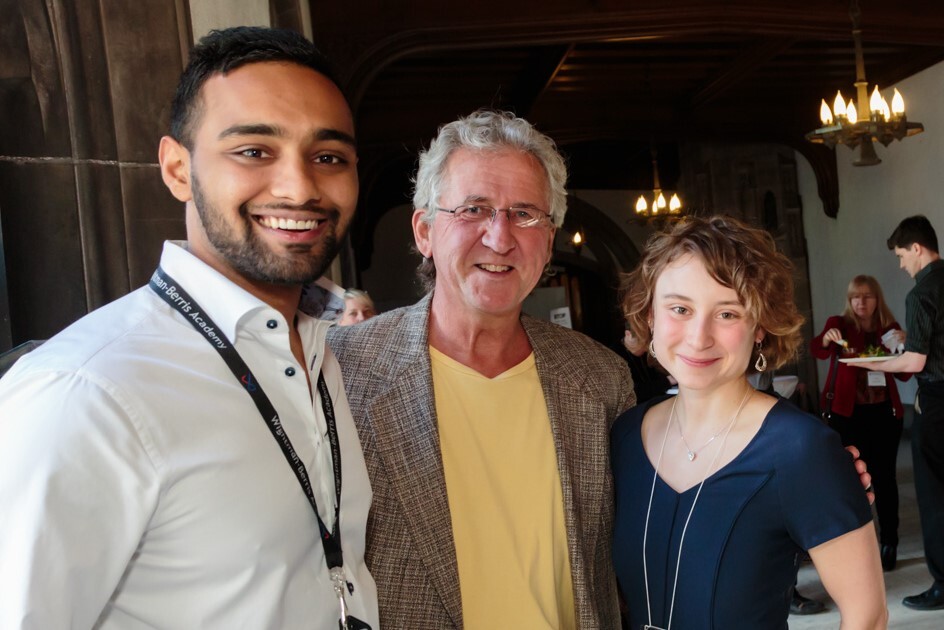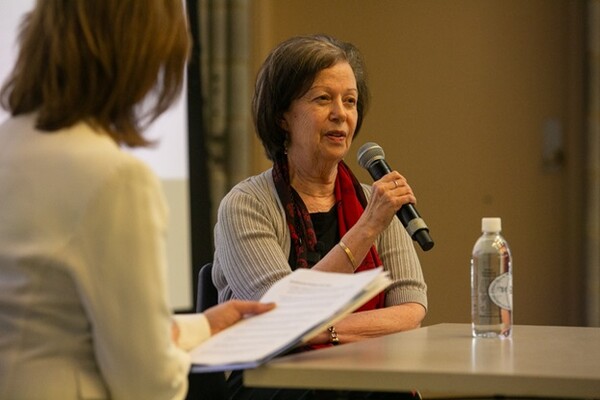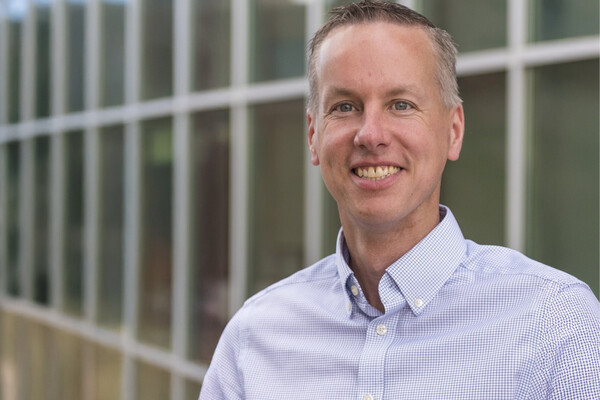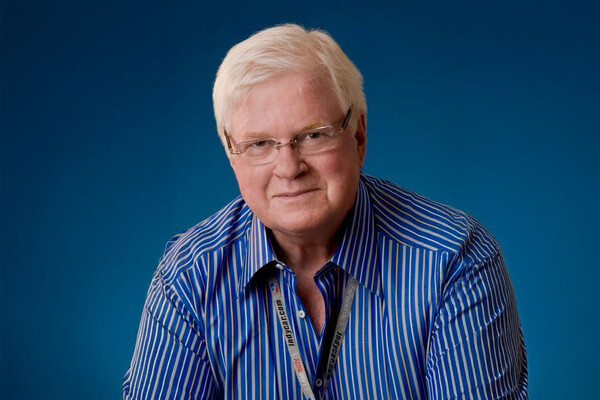Main Second Level Navigation
Breadcrumbs
- Home
- News & Events
- Recent News
- What can you do with a Medical Degree? Just ask Paul Blusys, MD’76
What can you do with a Medical Degree? Just ask Paul Blusys, MD’76

Dr. Paul V. Blusys, MD’76 is a Clinical Professor of Family Medicine at the Indiana University School of Medicine’s Fort Wayne campus and is also responsible for Family Medicine Junior Clerkship and Senior Elective programs at the Fort Wayne Medical Education Program.
Dr. Blusys retired from emergency medicine in 2015 and is currently the Medical Director at BeniComp Insurance Company. He is also the Medical Director at the Allen County Detention Centre and the former Medical Director of Pediatric Medicine at the Fort Wayne Sexual Assault Treatment Center.
I think medicine is the greatest profession because you can do anything you want...
If you needed an example of a varied career in medicine, Dr. Paul Blusys is a case in point. The U of T alumnus spoke with MedAlumni’s Julie Lafford about his work in emergency medicine, in a county jail and in health insurance.
What inspired you to pursue a career in Emergency Medicine?
I did my undergrad at U of T and was fortunate enough to get into medical school. My family was not well off and I had to pay my own way through school, so I took a St. John’s Ambulance First Aid course and was able to work through the summers with the Ontario ambulance service. I ended up meeting a lot of the ER docs and fell in love with emergency medicine.
In the last year of my residency in family medicine I did critical care rotations at the ICU and ER at Toronto Western Hospital. I then moved to the United States, where I ended up working in emergency medicine in Fort Wayne Indiana. I was able to get a green card quickly because it was considered an underserved area. My plan was to spend a year there and then go somewhere “fun” like California, but I ended up spending my career here. I’ve been the Medical Director of the emergency department, I started a helicopter program at one of the hospitals, got the department qualified as a level 2 trauma centre and have been really involved in EMS program accreditation.
How did you end up working for the county jail?
After a few months working at a large hospital in Fort Wayne, my hiring partner said, “By the way, you’re going to be the new Medical Director for the Allen County jail.” I was taken aback, but as the junior partner this was simply part of my job. My group at that time had the contract with the county jail to provide sick call, so off I would go, after my midnight shift Monday through Friday, to sign off on the orders recommended by the Physician Assistant.
I am still the Medical Director for the Allen County jail. It’s a different sociological segment, but in my opinion somewhere around 70 per cent of inmates don’t need to be there. Most of them are good people who are down on their luck. Over 40 years I’ve only had maybe two or three inmates become violent with me.
You also do consulting work in the health insurance industry. Tell me about that.
I am working with BeniComp Insurance Company to incentivize clients to change their behaviour. The project is interesting to me because the health of our population is horrible with issues like hypertension, diabetes, obesity and metabolic syndrome. I’m interested in behavior modification, which is almost impossible. In my experience, only two things can possibly initiate behavior changes: one is a bad event — a stroke, a tumour or heart attack — and the other is financial. So we offer the client a reduction on their deductible, for quitting smoking for example and we provide them with the resources and support to quit. We offer similar deductible reductions engaging in positive behaviors for high blood sugar, high blood pressure, obesity and we’re seeing some great outcomes.
You’ve had such a varied career. Did you seek out these opportunities?
I’ve always had an entrepreneurial mindset, so yes. I always tell my first year med students that I think medicine is the greatest profession because you can do anything you want – including teaching, which I really love. I’ve been teaching at Indiana University Medical School, Fort Wayne branch since 1980 and the family medicine residency program since 1979, so next year will be my 40th year.
Another interesting project I’ve been involved in the 1980’s was establishing an urgent care clinic to treat injuries or illnesses requiring immediate care, but not serious enough to require an ER visit. My partners and I expanded to over a dozen in the area and then sold our clinics to one of the hospital systems. I also started a medical billing company to assist physicians in managing reimbursements from dozens of different insurance products that have to be billed individually.
What is your fondest memory of your time at UofT?
One of my fondest memories is of a neuro-anatomy professor who taught us in first year, Mike Bertram. He was completely ambidextrous, and would get up in front of the class and draw the two sides of the brain at the same time! He came to many of our inter-collegiate sports games and ended up singing on stage with us downstairs at the Brunswick Tavern afterwards. This had an impact on how I treat my med students. My attitude is that professors don’t have to be holier-than-thou or untouchable. You can just be yourself — you’re a human being and part of being a good physician is being a good role model.
What words of wisdom can you share with our medical students?
My message to my freshmen medical student class is always to take the high road and do what is right for your patients. Throughout your training in medical school and residency programs there will be many times when this goal will be challenged by external influences such as financial, political, hospital and practice managers, health insurance programs, physicians, nurses and others on your health care team. Your commitment when you took the oath upon entry to U of T Medical School was to do what is right for your patients. Never, never, never waver from that commitment!
News


